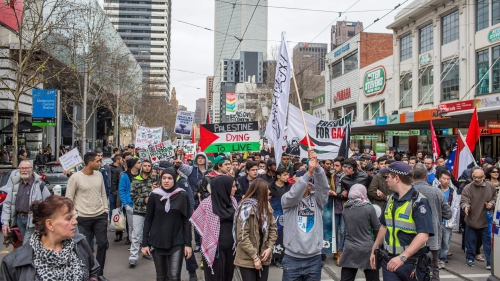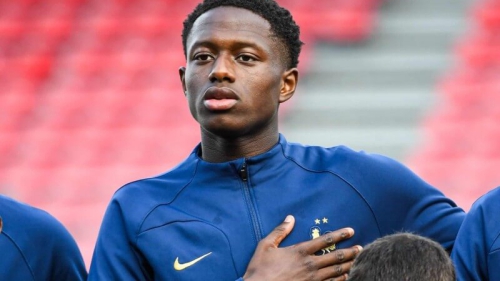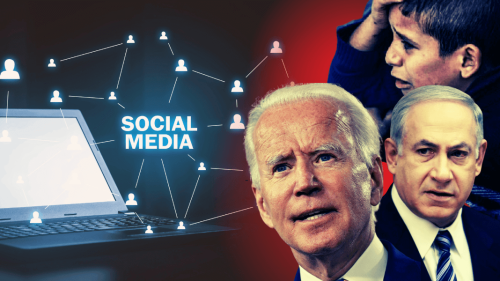Christchurch: Media as Accessory to the Crime?
On The Listening Post this week: Nothing comes from nothing: we trace the history of Islamophobia in the western media. Plus, politically conscious rap in Senegal.
Christchurch mosque attacks and the media
It's been just over a week now since 50 people - Muslim worshippers - were killed in Christchurch, New Zealand.
The gunman live-streamed his killing-spree on Facebook, and the video - all 17 minutes of it - spread from there.
There's a depressing pattern to the coverage of stories like this. The big tech platforms scramble to take down the offending video and then face questions over whether they did enough, quickly enough.
Mainstream news outlets enter a state of inner conflict. Playing that video on a loop is wrong, but they've got clicks and ratings to consider.
In this case they found a face to put on the story too - but not the murderer's, since he's a white supremacist. They went for New Zealand's Prime Minister Jacinda Ardern, a white politician getting more coverage than the victims.
Contributors:
Jeremy Littau - Media scholar, Lehigh University
Nasya Bahfen - Senior lecturer, La Trobe University
Malaz Majanni - Founder and CEO, OnePath Network
Priyamvada Gopal - Academic and writer
On our radar
Richard Gizbert speaks to producer Meenakshi Ravi about CNN's current #BadassWomenDC series, and the backlash the channel faced when it profiled Kellyanne Conway - one of the most prolific liars in the Trump administration.
Beats, rhymes and elections: Rap and politics in Senegal
Those who followed the campaigns leading up to Senegal's presidential election late last month, would have been struck by one of the defining features of Senegalese politics - hip hop artists and the pivotal roles they can play in elections.
A major reason for that: demographics. The average age of citizens there is exceptionally low - just 19. Rappers were among the founders of the country's largest social movement, credited with swaying the previous election, back in 2012.
Since then, a social media boom has boosted rap's reach even further. And Senegalese politicians have taken note. This year, all the leading candidates hit the campaign trail with at least one rapper in their corner.
The Listening Post's Daniel Turi reports on how hip hop has become the language of politics for Senegal's youth.
Contributors:
Thiat - Rapper, Keur Gui & co-founder, Y'en a Marre
Xuman - Rapper and co-founder, Journal Rappe
Maimouna Ndour Faye - Journalist and presenter, 7STV
Zachariah Mampilly - Professor of political science & Africana Studies, Vassar College
Published on Mar 23, 2019
Topics: Islamophobia, New Zealand, Social Media, Western Media
Views: 1113
Related Suggestions

















